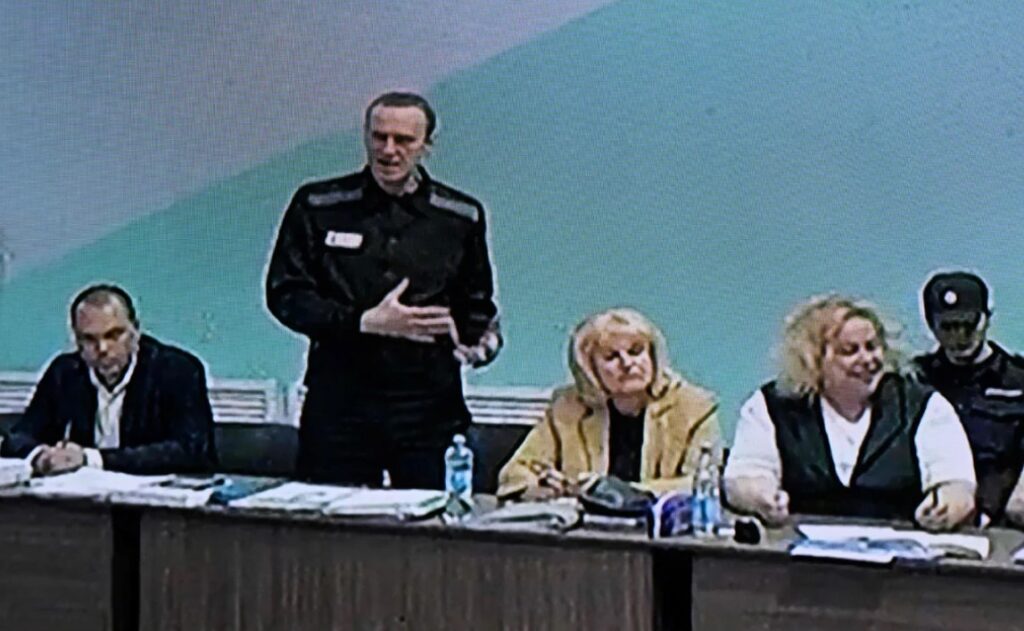Moscow court convicts opposition leader of extremism
In a closed trial on Friday, a Moscow court sentenced Alexei Navalny, the most prominent critic of President Vladimir Putin, to 19 years in prison on charges of extremism. The court found him guilty of creating and leading an extremist organization, namely his Anti-Corruption Foundation (FBK), which was banned by a Russian court in June. Navalny was also accused of calling for mass protests and inciting violence against the authorities.

Navalny, who is already serving two other sentences amounting to 11 and a half years, denounced the verdict as politically motivated and vowed to continue his fight against corruption and authoritarianism in Russia. He said he was not afraid of prison and that he would not give up his principles.
The trial was held on the premises of the prison where Navalny is being held, and was not open to the public or the media. Only his lawyers and a few relatives were allowed to attend. Navalny’s supporters and human rights activists condemned the trial as a sham and a violation of his due process rights.
International community expresses concern and solidarity
The sentencing of Navalny sparked a wave of criticism and condemnation from the international community, which called for his immediate release and respect for his human rights. The UN High Commissioner for Human Rights, Volker Türk, said the sentence raised “renewed serious concerns about judicial harassment and instrumentalization of the country’s court system for political purposes”. He urged the Russian authorities to cease violations of Navalny’s human rights and release him.
The US State Department also denounced the sentence as “the latest example of Russia’s disregard for human rights and its intent to silence independent voices”. It called on Russia to comply with its international obligations and release Navalny and all those detained for exercising their rights. The US also warned that it would continue to hold Russia accountable for its actions.
The European Union, the UK, Germany, France, Canada, and other countries also issued statements expressing their concern and solidarity with Navalny and his supporters. They reiterated their calls for his release and for an end to the repression of civil society and political opposition in Russia. They also said they would coordinate their response and consider further sanctions against Russia.
Navalny’s supporters plan new protests
Despite the harsh sentence and the ongoing crackdown on dissent, Navalny’s supporters said they would not give up their struggle for democracy and justice in Russia. They announced plans to organize new protests across the country in the coming weeks, calling for Navalny’s release and for free and fair elections.
Navalny’s team also said they would continue their investigations into corruption and abuse of power by the Russian elite, which have exposed the wealth and lavish lifestyles of Putin and his allies. They also said they would maintain their network of regional offices and activists, which have mobilized millions of Russians to join the opposition movement.
Navalny’s allies urged people to sign up for a website called Free Navalny, which aims to gather 500,000 supporters who are ready to take part in mass protests when the time comes. They also asked people to donate money to support Navalny’s legal defense and his family.







